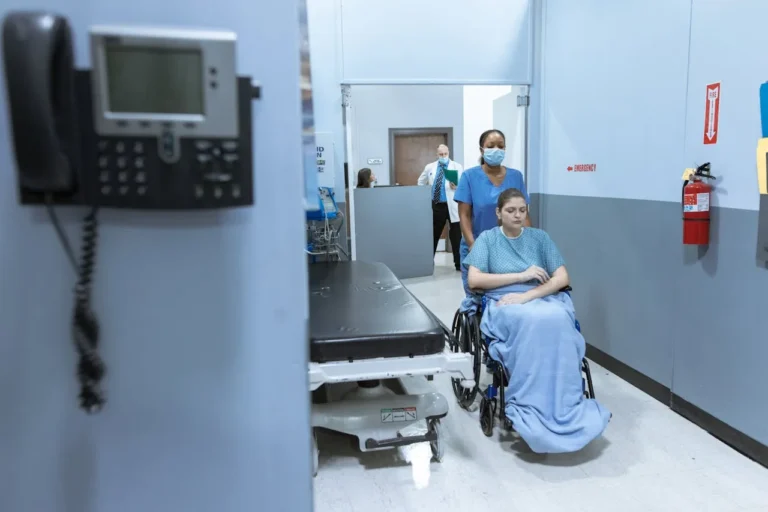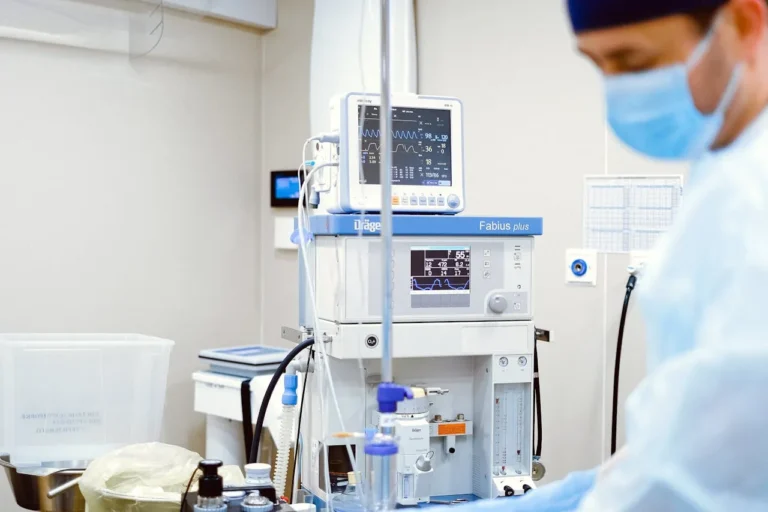
Cedar Gate Technologies (Cedar Gate) has uncovered a significant savings potential of around $1.4 billion through an analysis of their extensive Healthcare Benchmark Database, covering nearly 13 million member lives. The machine learning models integrated into Cedar Gate’s platform exhibit a remarkable ability to pinpoint patients at risk of coronary artery disease (CAD) and congestive heart failure (CHF) with high accuracy. This early identification enables timely intervention, potentially mitigating acute events.
In a study published by the National Institutes of Health (NIH), patients with coronary artery disease (CAD) experiencing major adverse cardiac events incur an additional $44,495 in healthcare expenses within a year. Cedar Gate’s predictive model identified 24,628 individuals in its National Healthcare Benchmark Database, not previously diagnosed with CAD but at elevated risk, representing a potential savings opportunity of nearly $1.1 billion.
Congestive heart failure (CHF) leads to over one million hospitalizations annually in the U.S. and Europe, with direct medical costs reaching up to $18 billion, averaging around $17,830 per hospitalization. Cedar Gate’s predictive model pinpointed 17,244 undiagnosed members at CHF risk in its database, potentially saving $307.4 million or more by preventing one or multiple hospitalizations in a year.
David B. Snow Jr., Chairman and CEO of Cedar Gate, highlights the role of AI-powered predictive models in enabling interventions, diagnoses, and treatments to reduce risk and slow chronic disease progression on a large scale. Leveraging analytics expertise and extensive anonymized member data, Cedar Gate advances technology to optimize outcomes, lower costs, and bridge care gaps.
Cedar Gate’s machine learning algorithms utilize a proprietary accumulated risk scoring system, analyzing various metrics from claims history to identify potential cases, regardless of traditional thresholds. The model, assessed using the Matthews Correlation Coefficient (MCC), scored 0.80, indicating highly accurate risk prediction for CAD and CHF within the identified population.
Dr. Eduardo Hernandez, a cardiologist and president of The Texas Heart Institute Center for Cardiovascular Care, underscores the importance of early identification in empowering providers to intervene with high-risk patients, potentially leading to substantial cost savings and improved outcomes.
Heart disease remains the leading cause of death in the U.S., with annual cardiovascular disease costs totaling $407.3 billion from 2018 to 2019, as per the American Heart Association.
About Cedar Gate Technologies: Cedar Gate empowers stakeholders across the healthcare landscape with a unified technology and services platform, delivering analytics, population health, and payment technology on a single data management foundation. From primary care attribution to bundled payments and capitation, Cedar Gate enhances clinical, financial, and operational outcomes across all payment models and lines of business.




